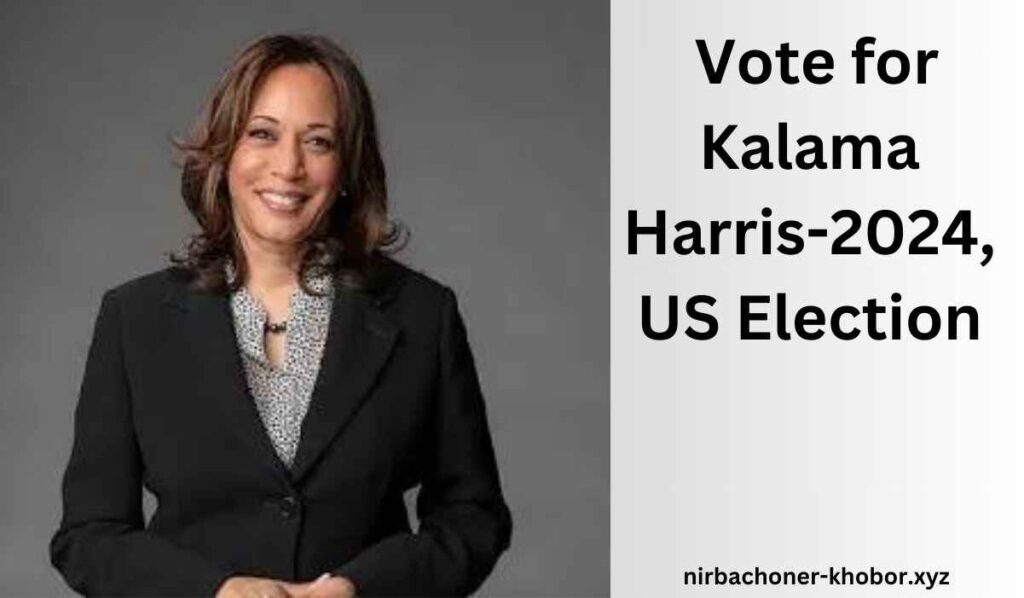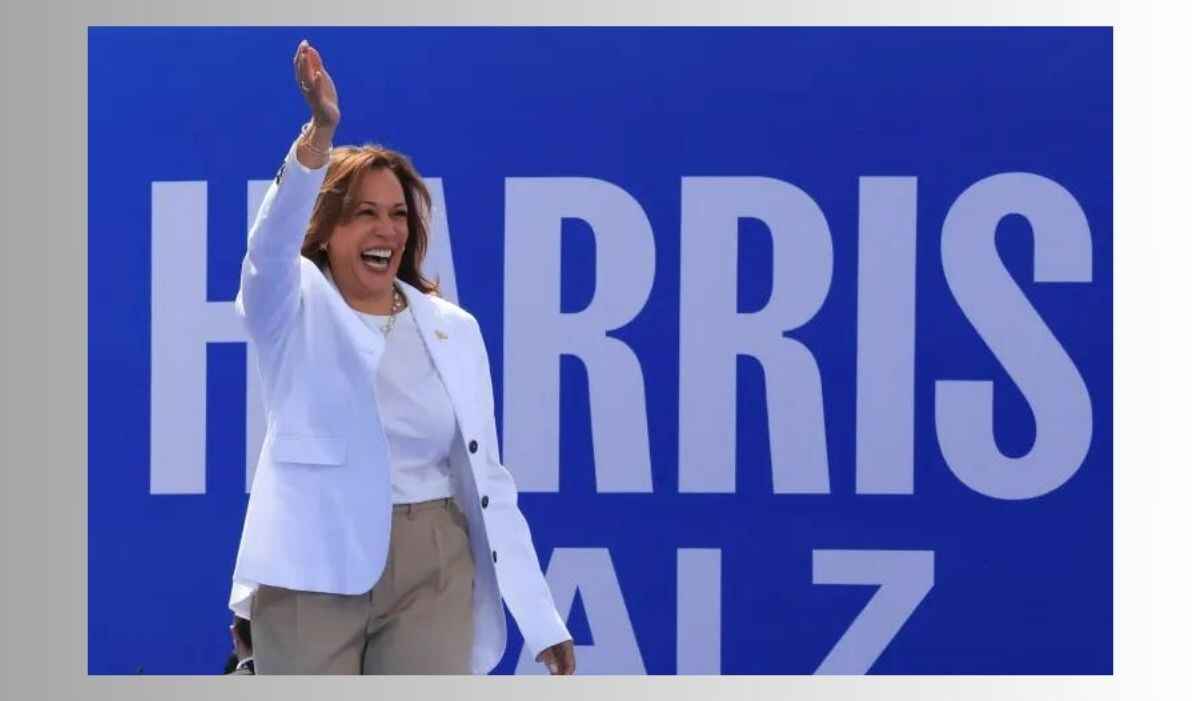Kamala Harris’s unique relationship with the Progressive Left has always been a topic of significant debate. As the first female Vice President of the United States, Harris holds a position that places her in the spotlight, particularly within the Democratic Party. While her ascent to this role was celebrated by many, her ties to the progressive faction of the party are uniquely complex and often misunderstood. This article delves into the nuances of her relationship with the progressive left, examining how it has evolved and what it means for the future of the Democratic Party.
The Early Political Career of Kamala Harris
Kamala Harris’s political journey began long before she became Vice President. Her career as a prosecutor, particularly her tenure as Attorney General of California, was marked by decisions that would later become points of contention with progressives. Harris was known for her tough-on-crime stance, advocating for policies that some on the left viewed as overly punitive. These actions created a gap between Harris and the progressive wing, which has historically championed criminal justice reform and the reduction of mass incarceration.
However, Harris’s career is not solely defined by these earlier stances. As she moved onto the national stage, first as a Senator from California and later as Vice President, her positions evolved. She began to adopt more progressive policies, particularly on issues such as healthcare, climate change, and economic inequality. This shift can be seen as a strategic move to align herself with the broader Democratic base, which has been increasingly influenced by progressive ideals.
The Vice Presidency and Progressive Expectations
When Joe Biden selected Kamala Harris as his running mate, the decision was met with mixed reactions from the progressive left. On one hand, Harris brought diversity and a fresh perspective to the ticket, which excited many progressives. On the other hand, her past record as a prosecutor and her perceived centrism caused concern among those who feared she would not champion the bold reforms they sought.
As Vice President, Harris has had to navigate these expectations carefully. The progressive left has been vocal in demanding that the Biden administration take decisive action on issues such as climate change, healthcare reform, and racial justice. Harris, as part of the administration, is often seen as a bridge between the more moderate elements of the Democratic Party and its progressive wing.
Her role has required a delicate balance. Harris has advocated for policies that resonate with progressives, such as expanding voting rights and addressing systemic racism. Yet, she has also had to work within the constraints of the administration’s broader agenda, which sometimes leads to compromises that fall short of progressive demands.
Harris’s Influence on Progressive Policies
Despite the challenges, Kamala Harris has had a notable impact on several progressive policies. Her advocacy for the American Rescue Plan, which provided economic relief during the COVID-19 pandemic, included provisions that aligned with progressive priorities, such as direct payments to individuals and expanded unemployment benefits. Moreover, her focus on maternal health, particularly among women of color, has brought attention to an issue that is deeply important to the progressive left.
Harris’s influence is also evident in the administration’s approach to immigration. While the Biden administration has faced criticism for not doing enough to address the root causes of migration, Harris’s role in leading diplomatic efforts with Central American countries is a step toward addressing the underlying factors driving migration—a key concern for progressives.
Furthermore, Harris’s support for criminal justice reform has evolved over time. She has backed measures such as ending cash bail, reducing mandatory minimum sentences, and legalizing marijuana—policies that are central to the progressive platform. Her ability to champion these issues from her position as Vice President highlights her unique role in bridging the gap between the administration’s goals and the demands of the progressive left.
Challenges and Criticisms from the Progressive Left
Despite her efforts, Kamala Harris has not been immune to criticism from the progressive left. Some progressives argue that her actions have not gone far enough, particularly on issues such as healthcare and climate change. The push for Medicare for All, for instance, has been a central demand of the progressive movement, yet the administration has opted for a more incremental approach to healthcare reform, which has disappointed many on the left.
Additionally, Harris’s record on foreign policy, particularly in her role as Vice President, has raised concerns among progressives. Her stance on issues such as military spending and the U.S.’s role in global conflicts has sometimes aligned more with the moderate wing of the party, leading to frustration among those who advocate for a more dovish approach.
Moreover, the administration’s handling of climate change, while making significant strides, has faced criticism for not being bold enough. Progressives have pushed for a Green New Deal, yet the policies enacted so far have been seen as falling short of the transformative change that the left seeks.
The Future of Kamala Harris and the Progressive Left
Looking ahead, Kamala Harris’s relationship with the progressive left will continue to evolve. As the Democratic Party navigates the challenges of governing in a deeply polarized political landscape, Harris’s ability to engage with progressives while also appealing to a broader electorate will be crucial.
The 2024 election will be a pivotal moment for both Harris and the progressive left. Should she choose to run for president, her ability to galvanize the progressive base will be a determining factor in her success. However, this will require her to address the criticisms and concerns that have been raised by progressives, and to more closely align with their vision for the future of the country.

In conclusion, Kamala Harris’s relationship with the progressive left is a unique and complex one. While she has made significant strides in aligning herself with progressive policies, challenges remain. The future of this relationship will depend on her ability to navigate the demands of the progressive left while also fulfilling her role within the broader Democratic Party.
Why is Kamala Harris’s relationship with the progressive left unique?
Kamala Harris’s relationship with the progressive left is unique due to her background as a prosecutor, her evolution on key policies, and her role as Vice President, which requires balancing progressive demands with the broader Democratic agenda.
What challenges does Kamala Harris face from the progressive left?
Harris faces challenges from the progressive left on issues such as healthcare, climate change, and foreign policy. Some progressives believe her actions have not gone far enough to meet their demands for bold reforms.
What is the future of Kamala Harris’s relationship with the progressive left?
The future of Harris’s relationship with the progressive left will depend on her ability to address their concerns and align more closely with their vision for the country’s future, especially as the 2024 election approaches.

